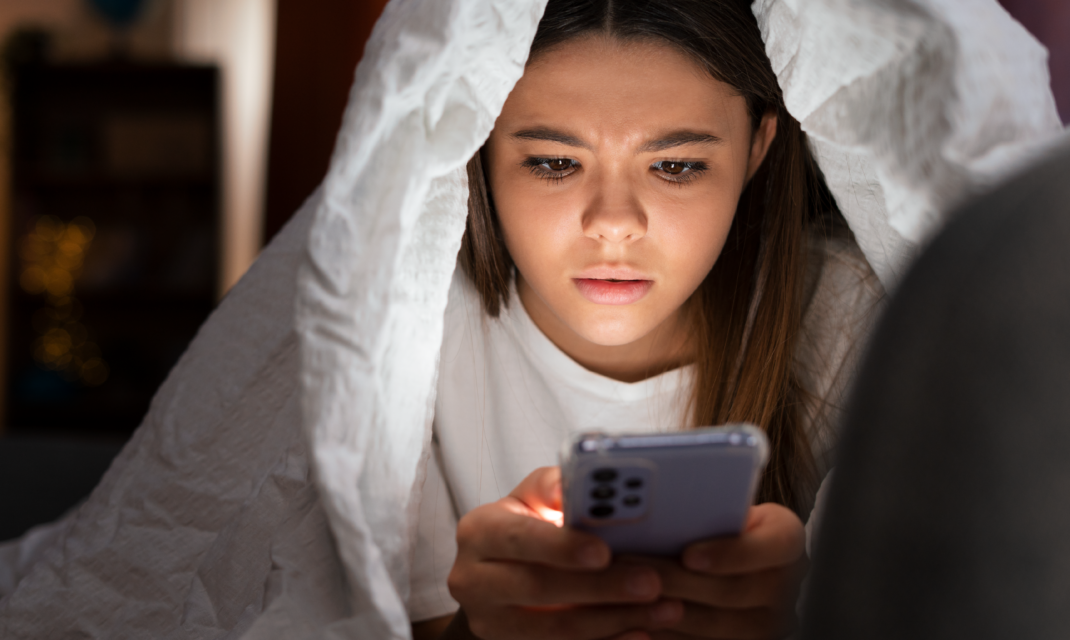In our contemporary existence, the ubiquitous glow of screens has become an inescapable reality. The seismic shift towards digital dependence was expedited by the Covid-19 pandemic, thrusting the global population into a prolonged period of indoor living. As essential services migrated online, the convenience of accessing necessities with a mere tap on a screen became the new norm. However, beneath this convenience lies a growing concern – the rise of Digital Addiction (DA), now paralleling other well-known addictions like smoking, alcohol, drugs, and gambling.
The Digital Dilemma: A Deep Dive
Digital Addiction is not a mere buzzword; it’s a tangible issue affecting an increasing number of individuals. Spending excessive hours on smartphones, tablets, and computers has pervasive effects on both physical and mental well-being. The constant barrage of information from the internet and social media can lead to sensory overload, resulting in a decreased attention span and a heightened sense of comparison.
This overload doesn’t just evaporate; it manifests in various forms, such as negative self-image, heightened anxiety, decreased overall life satisfaction, and the infamous Fear of Missing Out (FOMO). The repercussions can be severe, plunging individuals into the depths of depression.
On the physical front, the toll is equally significant. Excessive screen time often correlates with poor eating habits, reduced exercise, and unwarranted weight gain. The simple question to ponder is this: Is our health worth sacrificing for the sake of constant connectivity?
The Workplace Tightrope: Balancing Act in the Digital Circus
The boundaries between professional and personal life have blurred with the advent of remote work. The digital transformation of the workplace has brought its own set of challenges. Constantly checking emails, texts, and social media during work hours can adversely affect time management, work ethic, and overall productivity.
While multitasking may seem like a badge of honor, the reality is that most people can’t juggle multiple tasks without a noticeable decrease in performance. The pressure to stay active online, coupled with the constant influx of digital information, can create a breeding ground for stress and burnout.
The Silent Saboteur: Screens and Sleep
Our digital devices have become constant companions, accompanying us from the start of the day to the end. This pervasive screen time significantly impacts our sleep patterns. Using digital devices within an hour of bedtime can make it harder to fall asleep, stay asleep, and achieve quality sleep.
The consequences of poor sleep quality are far-reaching, affecting mental and physical health. Anxiety, depression, weight gain, memory problems, a higher risk of injury, and premature aging – these are just a few of the health issues that can arise from disrupted sleep patterns. The stakes are high, and it’s crucial to recognize the impact of screens on our nightly rest.
Reclaiming Control: Strategies to Reduce Screen Time
Recognizing the detrimental effects of excessive screen time is the first step toward a healthier lifestyle. Here are actionable strategies to help you regain control:
Digital Detox: Start small. Dedicate an hour each week to silence and stow away your device. Gradually extend the duration, setting goals to abstain from specific social media platforms or devices for an entire day or week.
Mindfulness and Meditation: Cultivate self-awareness and reduce stress through mindfulness exercises and meditation. These practices enhance focus and provide a welcome respite from the constant digital chatter.
Set Time Limits: Allocate specific time slots for social media use. If the usage is not essential, consider ignoring it for a while. Setting clear boundaries can help curb mindless scrolling.
Prioritize In-Person Connections: Make time for meaningful face-to-face interactions with family, friends, and colleagues. Real conversations foster social bonds and reduce feelings of isolation.
Establish Bedtime Rituals: Avoid using devices at least an hour before bedtime. Set an alarm to remind you to power down your TV, computer, or smartphone. Turn off notifications for an uninterrupted night’s sleep.
Prioritize Physical Activities: Dedicate time to physical pursuits that bring joy. Whether it’s a walk in nature, a workout session, or a dance class, movement revitalizes both the body and mind.
Rediscover Passions: Explore interests that don’t involve screens. Whether it’s reading, photography, painting, dancing, cooking, or playing a musical instrument, engaging in screen-free activities can be fulfilling.
In conclusion, amidst the digital inundation, it’s imperative to prioritize our well-being. Reclaim control over your screen time, recognizing the signs of Digital Addiction, and implementing these strategies can pave the way to a healthier, more balanced life. Break free from the digital shackles, embrace a mindful approach, and witness the transformative power of a life lived beyond the screen. Your health deserves it.

